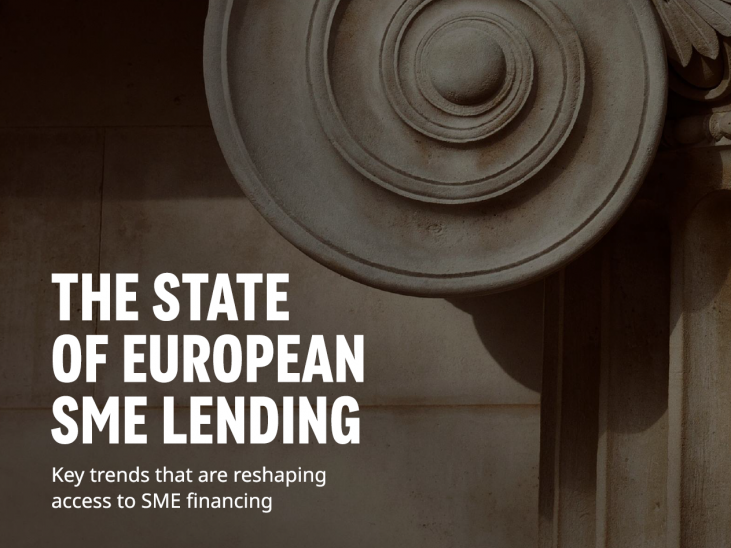EU’s P2B regulation not enough to create trust

Since 12 July 2020, the European Regulation on Platform-to-Business (P2B) gives businesses and traders more certainty when using online platforms. The regulation includes rules relating to business conflicts, transparency about general terms and conditions, and the order in which results are displayed by search engines.
Online platforms are becoming increasingly important for businesses, and there has been a further rise in the number of companies offering their products and services through such platforms since the coronavirus crisis. The P2B is aimed at offering businesses and traders clarity on a platform’s terms and conditions of use. The rules improve the legal protection for smaller businesses, which will help to build their trust in doing business online. The P2B regulation applies to all platforms that are used by EU-based businesses – including platforms that are headquartered outside of the EU, such as Facebook, Google and Amazon.
Although we welcome this regulation as a concrete step towards providing additional protection for traders and promoting more fairness in the relationship between platforms and their business users, we believe more needs to be done to create digital trust.
The reason such regulation is needed is that businesses and traders cannot easily move to competitive platforms, because they cannot take their data with them and because buyers are also locked in platforms. If data could move freely with the data owner and if platforms would be interoperable, then such regulation may not be necessary because competitive forces would lead to a level playing field.
In our opinion, the only way to build a solid and sustainable foundation for the next phase of the digital economy – the ‘digital transactions era’ – and to unleash the full potential of data is to:
- Make ‘data sovereignty’ the central design principle of the data economy as a whole and a prerequisite for every organisation’s own data architecture. People and businesses should be able to see which party holds which data under what conditions (purpose, duration, reward) data is kept where, and are able to re-use the data at other places under bespoke conditions
- Create an infrastructure for data sharing based upon European values, built on a sound consent mechanism that works for every person, business and government
- Focus on adoption, not on technology
Against this backdrop, we believe that the European Commission should take decisive action by making data sovereignty a legal prerequisite for every data initiative in Europe. We eagerly await new legislation from the European Commission, which is anticipated in the final quarter of this year.



